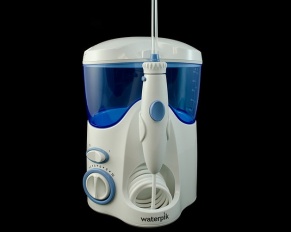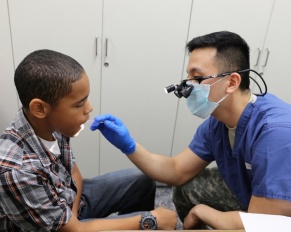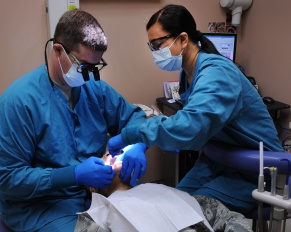It’s almost here… Halloween! The trick-or-treating. The parties. The costumes. The ghouls and goblins. The candy. Oh, the candy. It’s a time of year that can bring your kids loads of fun… and, if they’re not careful, loads of cavities. Naturally, as a parent, you want your children to have the time of their lives choosing their costumes, getting all ready for that big party or night of going to door-to-door with their friends. But you don’t want them to overdo it on the candy, and not just because you don’t want them getting all hyped up on sugar, either. You know that all that extra sugar can lead to cavities. And what’s a cavity? It’s nothing more than tooth decay. If you’re a parent who’s dreading Halloween for its notorious ability to bring on the tooth decay, try following some of these dental health tips to help keep your kids’ teeth healthy no matter how much candy they get.






